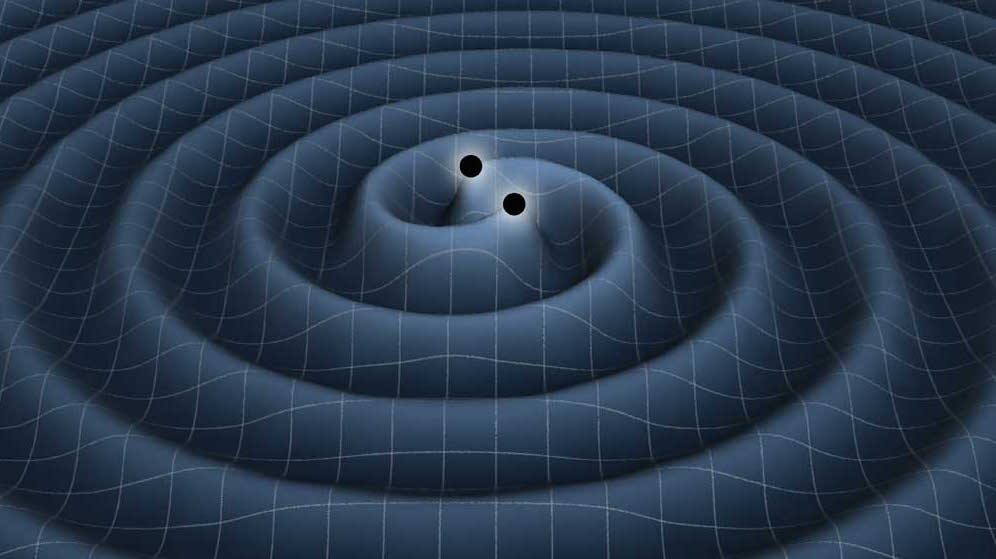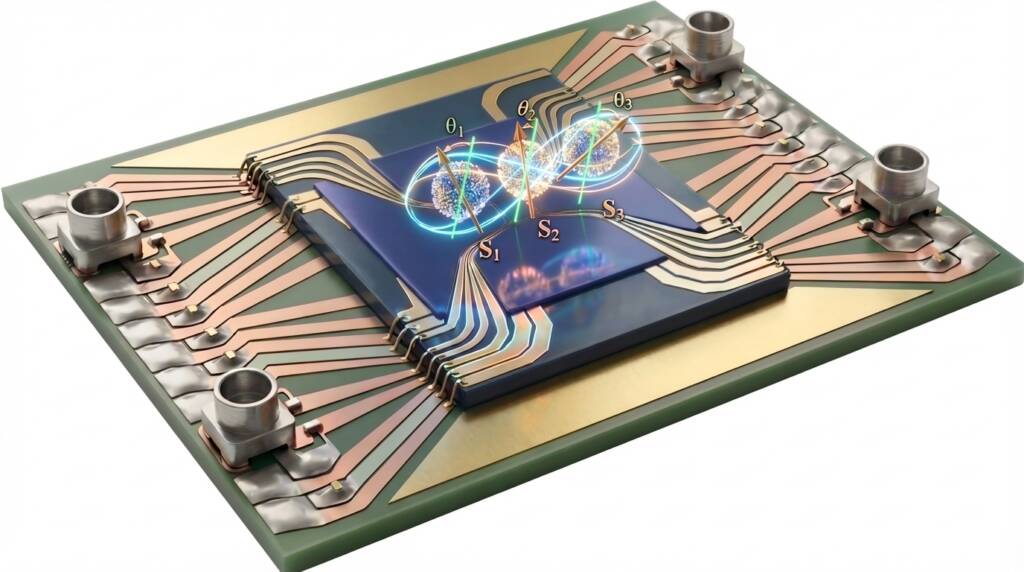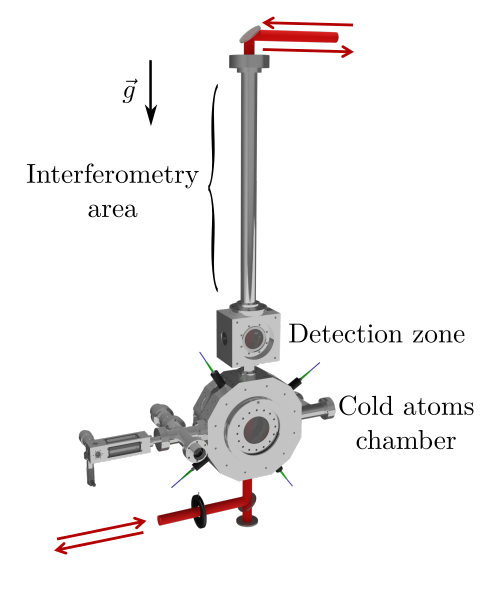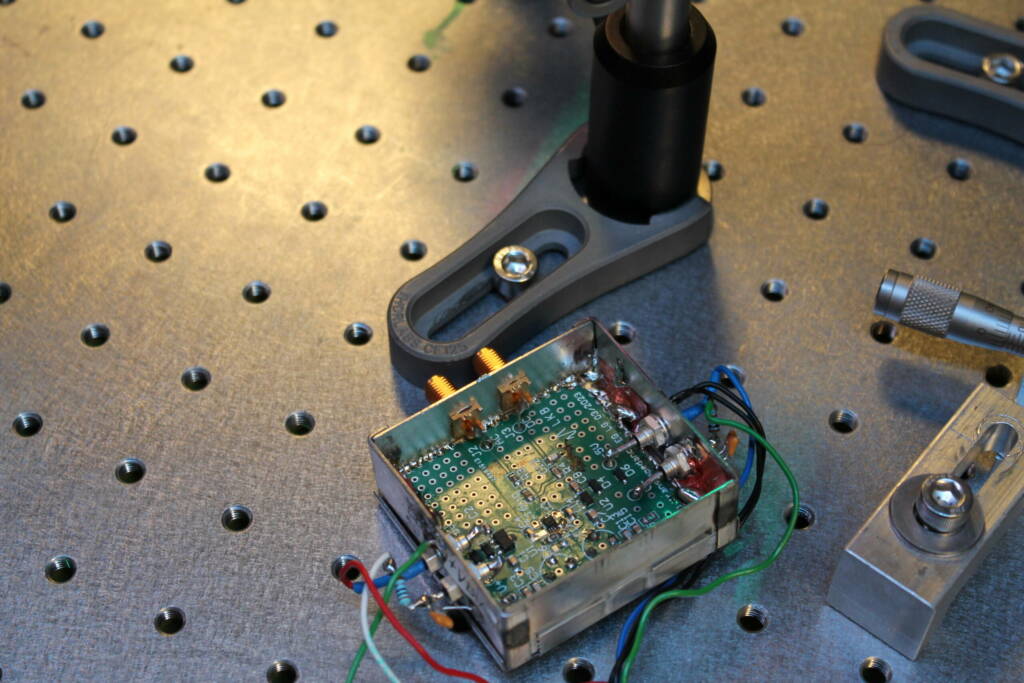Gravitational Waves: And Two!
Three months after the announcement of the first detection, scientists from the LIGO and Virgo collaborations present a second observation of the coalescence of two black holes, revealed by the gravitational waves emitted during this event. Although the signal is weaker than the first, this second detection is also confirmed with more than 99.99999% confidence.

Gravitational waves carry information that cannot be obtained by other means, concerning both their extraordinary origins (violent phenomena in the Universe) and the nature of gravity. The conclusion of the physicists is that the detected gravitational waves were produced during the final fraction of a second before the merger of two black holes into a single black hole. The possibility of such a black hole collision had been predicted, but this phenomenon had never been observed before.
These gravitational waves were first detected by the two twin LIGO detectors (Laser Interferometer Gravitational-Wave Observatory) located in the United States—at Livingston, Louisiana, and Hanford, Washington. The LIGO observatories are funded by the National Science Foundation (NSF); they were designed and built by Caltech and MIT, which oversee their operation. The discovery, which has been accepted for publication in the journal Physical Review Letters, was made by the LIGO scientific collaboration (LSC—which includes the GEO collaboration and the Australian Consortium for Interferometric Gravitational Astronomy) and the Virgo collaboration, using data from the two LIGO detectors. A hundred scientists from six CNRS-associated laboratories, including members of the Optomechanics and Quantum Measurements team at LKB, contributed to this discovery within the Virgo collaboration.
Contact: Pierre-Francois Cohadon, LKB Virgo – cohadon@lkb.upmc.fr
Retrouver l’interview de PF Cohadon sur le site de l’UPMC
Link : PhD Comics « Expliquez-moi les ondes gravitationnelles » http://www.phdcomics.com/comics.php…
Link : Site officiel de Virgo http://public.virgo-gw.eu/language/fr/
Link : Observation of gravitational waves from a binary black hole merger, the LIGO Scientific Collaboration and the Virgo Collaboration. Physical Review Letters, le 11 février 2016. http://link.aps.org/doi/10.1103/Phy…



